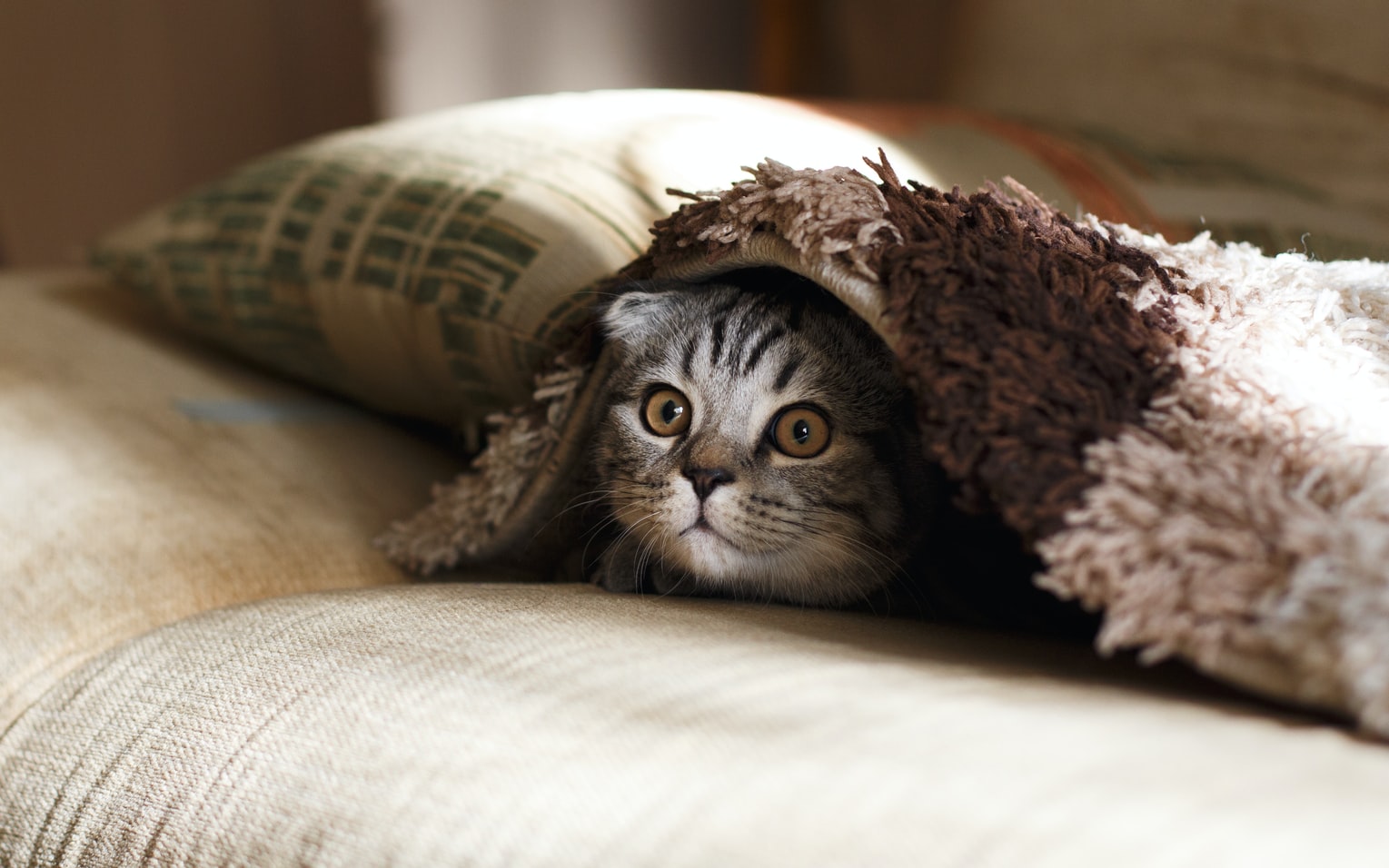When you bring a new kitten to your house, chances are they are already trained. Kittens learn how to use the litter box by simply coping what their mothers do.
However, if you get a kitten that is half trained or not trained completely, you will have to start from the beginning. House training your cat is not a difficult task because cats are naturally clean animals. They also tend to learn and adapt very quickly.
Train your cat as soon as you get hone for them to adapt quickly. If not the might eliminate on your carpet or other parts of the house. As you clean your carpet use the appropriate carpet cleaners. Nothing that contains ammonia though since your kitten might mistake that for urine and continue using your carpet as a toilet.
Here are some few tips on house training your kitten.
1. Litter boxes
Since your cat is still young, it cannot go outside, it should use a litter box. The box should not be too high to allow for your cat to climb in with ease. Select a quiet, inconspicuous place away from appliances like washing machines which make noise. Cats are private animals so they don’t like an audience when eliminating. You should also place the litter box away from her feeding area because they are clean.
Kittens usually want to use their litter box just before they sleep or after meals. It’s not difficult to notice when your cat wants to eliminate. They become restless and jumpy. This is why you should put your kitten in its litter box soon as you bring her home so that she can familiarize with its location. The boxes location should remain constant to avoid confusing your kitten.
Remember to praise your kitten and give her treats when she uses the litter box correctly. Positive reinforcement goes a long way in house training your cat.
2. Maintain cleanliness
Cat litters are available easily. To ensure your kitten becomes comfortable in your home quickly, the litter box your kitten should resemble the one she used in her previous home and it should be absorbent. Use deodorant to reduce the scent from the box.
Clean out the soiled box at least once per day because kittens dislike a soiled litter box. At least once every week, you should disinfect and put fresh soil in the box. You can use baking soda or vinegar to clean the litter box.
3. Outdoor access
Since your cat is still very young, contact with strange cats should be restricted until she has had all her vaccinations. Outdoor access should be limited and monitored.
You can install a cat flap on your door. This way your cat can come and go as she pleases. It will also promote her sense of independence. Since most cat flaps are hinged, your cat can pass in either direction. The lightweight material ensures your cat doesn’t hurt its head while passing. Cat flaps are also very easy to install.
4. Keep your cat calm
It is normal for kittens to be excited when you first bring them home. Therefore, extra care should be taken to ensure they do not injure themselves. For instance, they can fall off furniture or get hurt while playing. You should also avoid sudden movements and other objects.
5. The cat’s environment
You should have a litter box in each room that your cat will visit. This will allow your cat to easily find the litter box when the need arises.
Although the litter box should be clean, the cat’s environment should be clean as well. Cats prefer clean surroundings and will not eliminate on an area that is dirty. Therefore, you should clean up after your cat and remove any soiled areas.
6. Spraying
Spraying is when a cat urinates on objects to mark their territory, it has a very awful smell. Spraying is normal but unpleasant if it’s indoors. Visit your vet for hormonal treatment recommendations.
7. Training
You should also train your cat to use the litter box. Cats are very smart and will pick up the litter box fast. The litter box should be placed in a quiet and well lit area. You should also place a soft mat around the litter box to make your cat more comfortable while using it.
When your cat is ready to eliminate, she should immediately head to the litter box. You should then reward her by petting or feeding her. If she tries to eliminate elsewhere, you should give her a reminder that the litter box is where she is supposed to go. The cat should then use the litter box immediately.
You should also avoid placing the cat’s food and the litter box in the same area. The cat may associate the litter box with food and use it as a toilet.
8. The cat’s diet
Many people believe that cats don’t need to eat much because they mainly eat meat. However, this is not true. Cats need a balanced diet just like humans. Kittens should be fed kitten food until they are 9 months old. After that they can be fed adult cat food.
Be careful not to over feed your cat. Over feeding is one of the leading causes of diarrhea in felines.
To ensure your cat is getting the right amount of food, you need to feed her by weight. Kittens of the same weight should be fed the same amount of food.
For adult cats, you should feed them twice each day. You should feed them a little more during the week and once daily during the weekend.
Conclusion
Training your kitten is doable, and we hope this guide is helpful on your journey.

